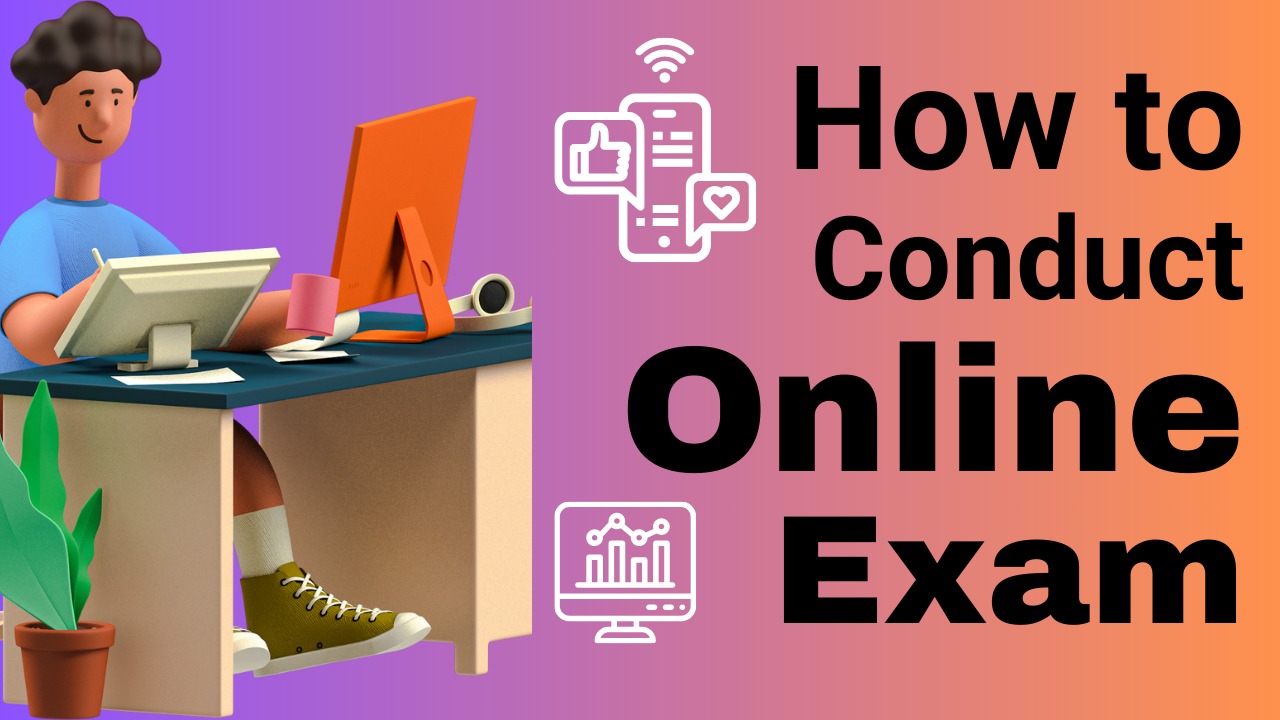Whether it’s IIT JEE Mains taken by nearly 9 lakhs students, UGC NET number of applicants are 2 lakhs or CAT having nearly 3 lakhs, all the above exams are conducted online on a computer based system.
It’s not limited the large scale exam, even the small institution with 5 - 50000 students are conducting online exam.
Implementation of Online Exams has been increasing across educational institutions and universities, with several success factors contributing to the effectiveness of online exam processes. We at Yoctel collaborated with various institutions, including universities, schools, and colleges, to conduct online exams and have analyzed millions of exam implementations to identify key success factors.
Online Exams Can be Divided into Three Phases:
- Pre-examination activities
- actual examination activities
- post-examination activities.
To successfully execute online exams, all three phases must be executed properly.
Pre-Examination Activities
Pre-exam activities involve aspects like question bank management and defining the exam pattern. Subject matter experts or paper setters can log into the system to define exams for specific subjects. For example, if an exam covers 30 subjects at a university, around 30 to 40 subject matter experts(SME) or faculty/ teachers should be involved, each responsible for their respective subjects, like a professor defining a question bank for English or other related subjects. It's the faculty responsibility to categorize questions based on difficulty level, marks, question type (subjective or objective), and topics.
Our platform also allows subject matter experts to import questions from Word or Excel templates.
Success in this stage relies on proper role-based access, and rights for subject matter experts, allowing them to validate questions and ensure relevance and accuracy.
Actual Examination Activities
During the examination, conducting mock exams for students is essential. Mock exams familiarize students with the online system, reducing potential issues during the actual exam. Training videos can be provided to support student readiness. Institutions can schedule exams flexibly, allowing students to log in within set timeframes to complete exams comfortably.
The platform offers options for both fixed and flexible schedules, where exams can be configured to occur at a specific time (e.g., 11 a.m. to 12 p.m.) or within a broader window (e.g., a 60-minute exam within a two-hour period).
Post-Examination Activities
In the post-exam stage, Examiner is the key person, he defines and evaluates the student's answers. The platform allows examiners to log in, access answer sheets, and evaluate responses.
Candidate information is masked for unbiased grading. Examiners can award partial or full marks, add comments, and mark extra responses if students attempt additional questions beyond the required number. Once grading is complete, results can be processed and exported in various formats, including Excel and PDF.
To summarize, pre-exam activities, online examination activities, and post-exam processes like result processing are all critical to the success of online exams.
Yoctel EOA provides tools for online exams, objective and subjective exams.
Institutions interested in Conducting Online Exams or learning best practices for each stage of the exam process are welcome to connect with us for a demonstration.







